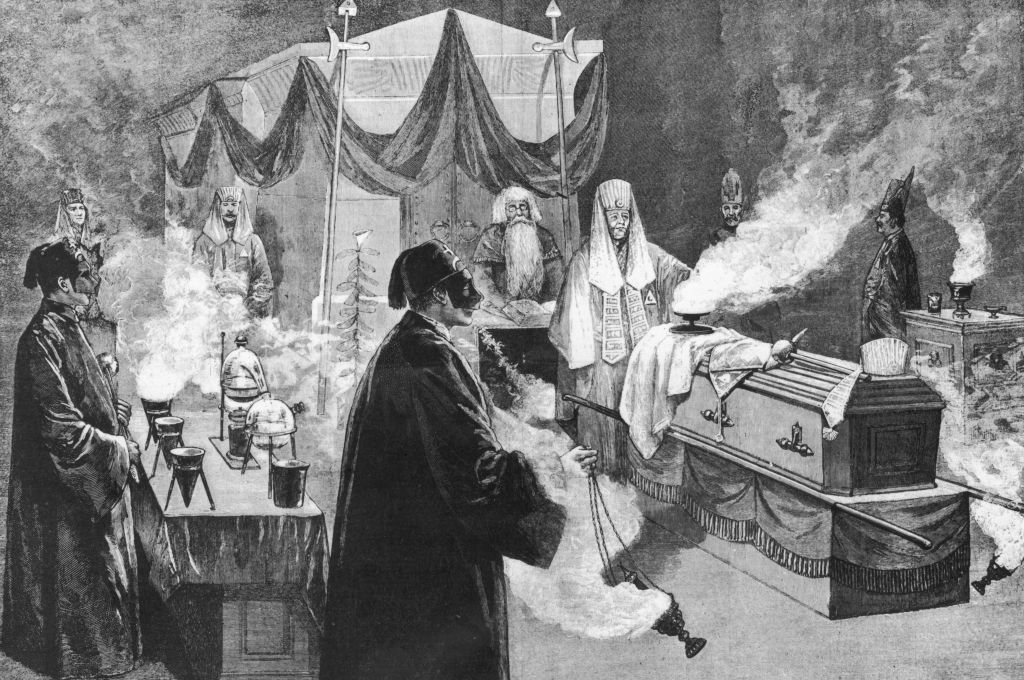Fresh out of the clink and appearing on Sean Hannity’s show on Fox News last month, Anthony Weiner, the former congressman from Brooklyn and failed New York City mayoral candidate, didn’t try too hard to convince viewers he was a reformed man.
“You pled guilty, Anthony, to sending obscene materials to a young girl, a fifteen-year-old girl,” Hannity began the interview. “Have you changed? Are you a different person?”
“I think so,” Weiner — dazed, skittish, fractured — replied. “I don’t think anyone can go through that type of experience, and I think this is probably true of people who have been through other types of adversity, I don’t think you go through that type of experience and don’t emerge changed.”
Hannity pressed Weiner — either you know in your heart that you’re a different person or you don’t. People can “judge for themselves,” Weiner replied. He appeared on the program alongside Curtis Sliwa, the most recent Republican nominee for New York City mayor, to promote their new Saturday afternoon radio program on WABC.
A type of “adversity,” another word for “misfortune,” is how Weiner describes his situation. To recap, Weiner resigned his seat from Congress, which he’d held for seven terms, in 2011 after using his public Twitter account to send explicit photographs to a female follower. More reports came out, and Weiner admitted to sexting with at least six women in the three years prior to that. Two years later, Weiner re-entered politics, joining the mayoral race in New York. He was caught again sexting women on the Internet, this time using the alias “Carlos Danger.” He lost the bid for mayor but held firm to his internet sex addiction.
In 2016, the New York Post reported on yet another sexting scandal involving a different woman. And one month later, a fifteen-year-old girl from North Carolina came forward to reveal that he’d been engaging in ongoing, explicit sexual behavior with her online. Weiner appears to have been aware of the victim’s age and their interactions went well beyond text messages to video chats. In one of the photos Weiner sent to the women, he was lying in bed cradling his infant son while sporting an erection through his white boxer briefs.
Misfortune? It’s difficult to even chalk up Weiner’s behavior to mere sex addiction, something in need of a twelve-step program. His shuddersome moniker Carlos Danger seems to sum it up better — he’s a self-destructive narcissist, drawn to court disaster, seeing just how much he can get away with, time and again. Like many grandiose personalities, Weiner’s character indicates that duplicitous state of having both a wildly inflated ego and the inner sense that nothing earned is real or deserved and therefore must wrecked.
Some narcissists feed on their own success while others see themselves as frauds driven to situations that validate this dark, nagging footnote in their soul. Weiner’s a tragic figure, but not one worthy of our sympathy, intrigue, or time. Few doubt that New York would have been a better city if he, not De Blasio, had been elected mayor — and he was largely seen as the frontrunner before he engineered his own demise. Since his release from doing eighteen months in the slammer, Weiner’s pathetic airs do little to endear the public to his half-assed attempt at a comeback, and maybe that’s how he wants it.
If there’s any new incarnation of Weiner that New Yorkers, and Americans, want to hear from, it is not the mopey, fragile registered sex offender who told a fifteen-year-old he “would beat that tight p***y so hard and so often that you would leak and limp for a week,” now shrugging when asked if he’s a different person, insisting listeners can judge for themselves. No one is going to tune into that guy. They might, however, give a little respect to a man who comes out swinging in defense of his egregious, unfixable flaws. Hello, I’m Anthony Weiner, a complete fucking pervert and rabid pussy hound, now let’s talk about foreign policy. At least that Anthony Weiner would be immune from the next inevitable sexting scandal — provided it involves an adult.
But that didn’t happen, which is typical for a narcissist. They tend to be not the most intelligent people, merely cunning and persistent. They can’t read a room very well, blinded as they are by themselves, and are incapable of an authenticity others can enjoy and relate to — perhaps because it doesn’t exist.
Reports indicate that Emmy award-winning governor Andrew Cuomo — who, apparently, is not the villain from the 1994 movie The Mask — is plotting his own comeback, less than a year after stepping down over accusations of sexually inappropriate behavior toward women. Powerful New York Democrat sex pests — is there any other kind? — often attempt comebacks, particularly in media.
I’d guess Weiner pursued CNN first. That network coddles horny, middle-aged, liberal men on its airwaves — see Don Lemon and Jeffrey Toobin — and gave a contributorship to another failed New York mayoral candidate, Christine Quinn. Two years after disgraced New York governor Elliot Spitzer resigned after he was found to be ensconced in an international prostitution ring, CNN gave Spitzer a primetime show. He only lasted one year there and now has a program on some network no one has heard of.
Given his powerful connections and time spent in politics, Weiner could have had a successful, quite lucrative life outside the spotlight, doing “consulting” or whatever those people go on to do. Instead, he needs to be seen, out there, which, for Weiner, means subjecting himself to constant humiliation, public disgust, and flogging. But no one forced him into it — this is what he wants.

























